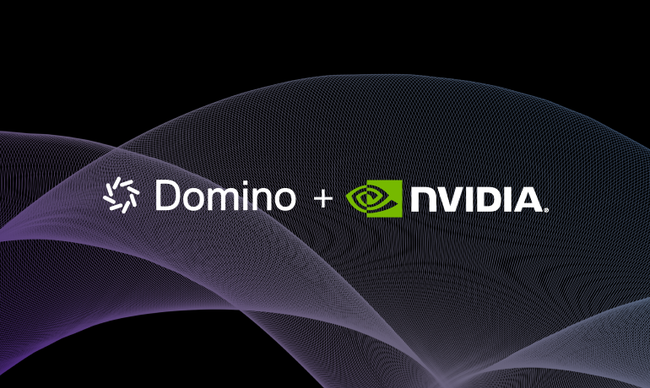What Your CIO Needs to Know about Data Science
Domino2017-10-05 | 4 min read

What would you rather be doing? Data science or DevOps?
As a data scientist, your CIO may hear from you that model deployment is a challenge (e.g., models sitting around for weeks before being deployed in production). However, your CIO may not have the nuanced insight they need to address the challenge. Meanwhile, being frustrated with models sitting around for weeks, you may get creative by doing DevOp-esque work including installing packages, moving files between machines, as well as configuring and using your own compute resources as a work around. Yet, wouldn’t you rather spend your time on exploratory data analysis and developing new models? According to Crowdflower’s 2017 data science survey,“Data scientists are happiest building and modeling data, mining data for patterns and refining algorithms.”
Consider Your CIO’s Point-of-View and Provide Insights to Help Them
Take a moment to consider your CIO’s POV. Doing this will enable you to provide the right insights to help your CIO address challenges like delayed model deployment. According to the KPMG 2017 CIO Survey, the top operational priorities for IT leadership include “delivering consistent and stable IT performance to the business” and “increasing operational efficiencies”.
Data science presents unique challenges and opportunities for CIOs as more enterprises look to built it into a core organizational capability. CIOs are challenged to centralize data science tools and infrastructure in a way to become more operationally efficient without constraining your or your fellow data scientists’ ability to do data analysis and develop new models.
Without a thoughtful approach to addressing this tension:
- Important business processes become dependent on unreliable infrastructure. Data scientists seeking work arounds may set up scheduled jobs to run on local machines, or operate shared servers as “lab” or “dev” machines. One Fortune 10 bank had a critical business process that depended on a model a data scientist had been running nightly on his laptop — only to be discovered when he left and the laptop was decommissioned.
- Compute costs can become excessive and uncontrolled. Unlike BI, data science involves computationally intensive techniques, which demand high-powered machines and specialized resources like GPUs. Especially in a cloud environment, data scientists can unintentionally burn thousands of dollars a month by leaving expensive machines running unnecessarily.
- High-value intellectual property is improperly secured. Predictive models and analyses can encapsulate insights key to competitive advantage, and that work is often scattered throughout network drives, wikis, or Sharepoint sites.
- IT staff will be consumed with reactive support (e.g., requests from data scientists to install packages or configure infrastructure) instead of having time to focus on more strategic investments.
These are just some of the insights to provide your CIO to help them understand how to enable you to focus more on doing data science, not DevOps. If you want to further help your CIO navigate data science’s unique IT challenges and align IT, data scientists, and business executives toward a solution that gives everyone what they want, then give your CIO the full whitepaper.
Domino Data Lab empowers the largest AI-driven enterprises to build and operate AI at scale. Domino’s Enterprise AI Platform provides an integrated experience encompassing model development, MLOps, collaboration, and governance. With Domino, global enterprises can develop better medicines, grow more productive crops, develop more competitive products, and more. Founded in 2013, Domino is backed by Sequoia Capital, Coatue Management, NVIDIA, Snowflake, and other leading investors.



